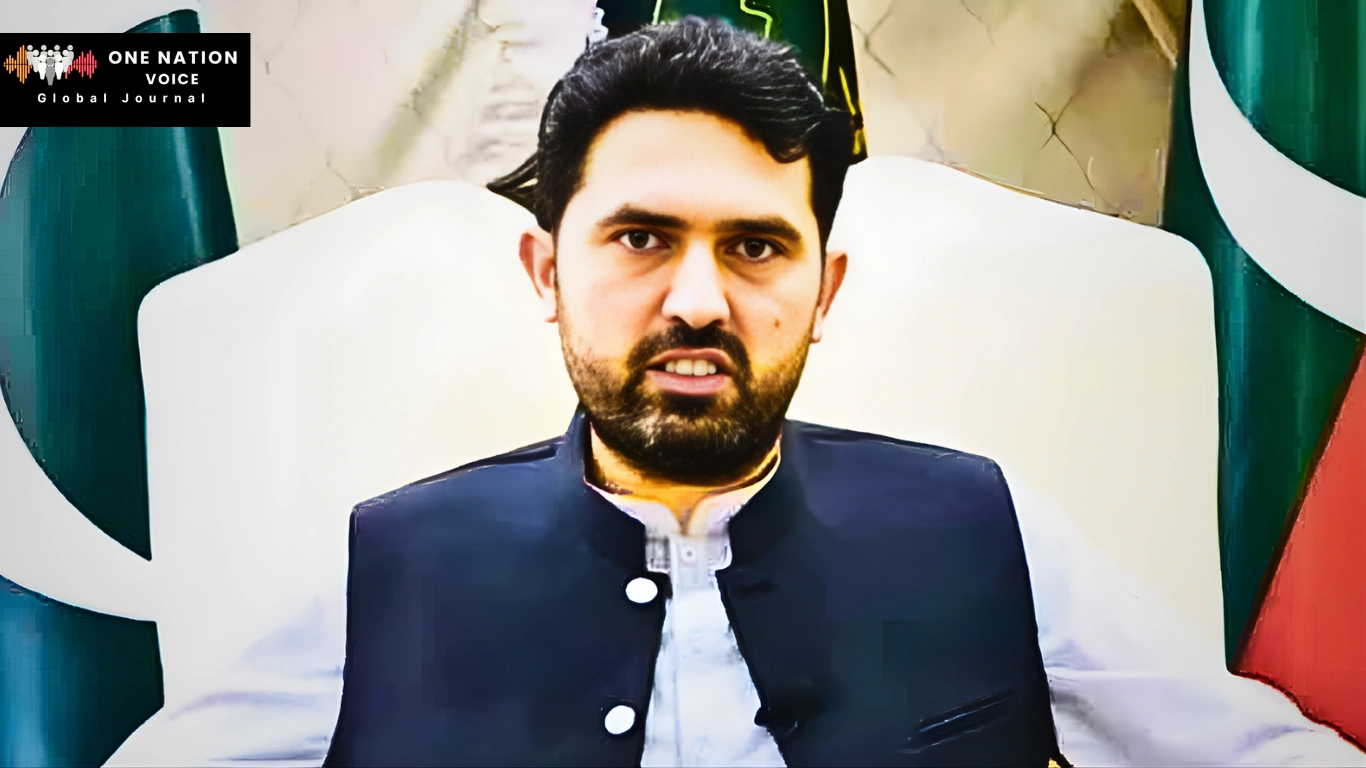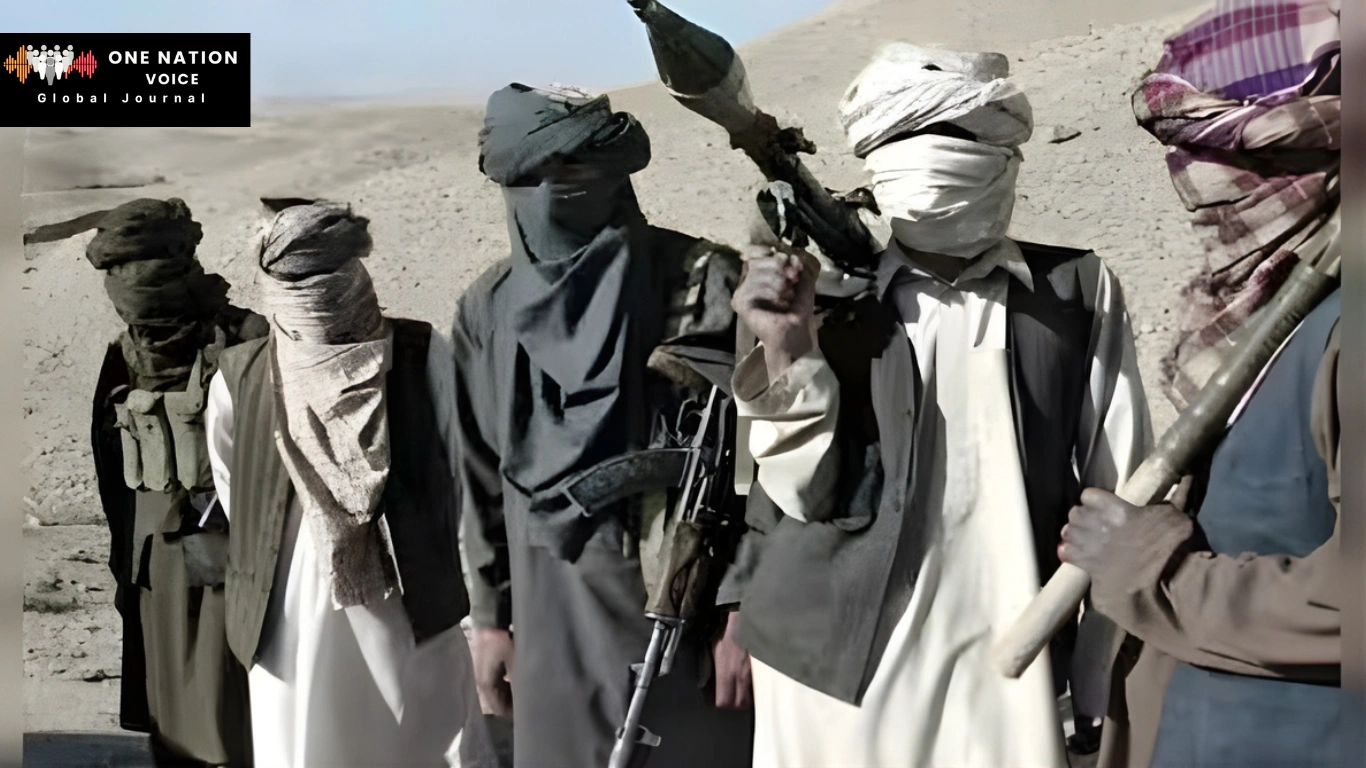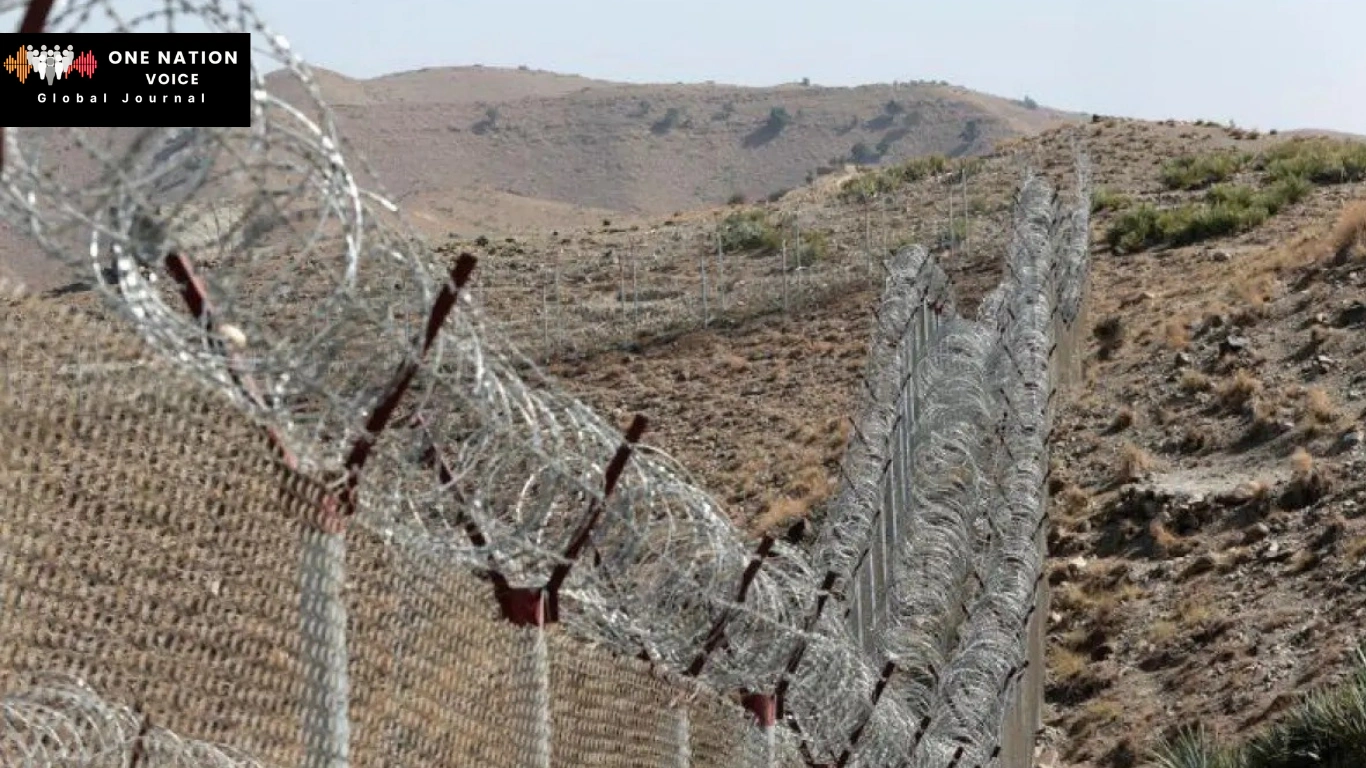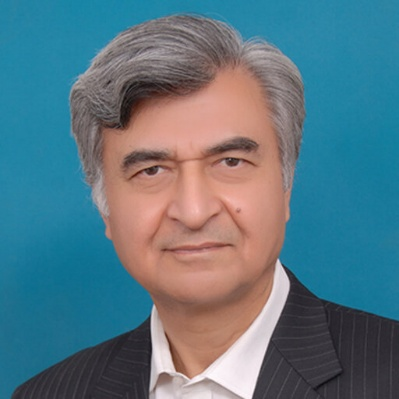KPK New Chief Minister and Pakistan’s Terrorism Challenge

Khyber Pakhtunkhwa’s New Chief Minister and Pakistan’s Terrorism Challenge
The rise of Sohail Afridi as the new chief minister of Khyber Pakhtunkhwa region is the talk of the town. His triumph to many is not only a provincial change of power but a possible threat to the continued war against militancy in Pakistan. Afridi is a ruthless loyalist of Imran Khan, who now controls a province that continues to struggle with terrorism. His alignment with the PTI leader, whose stance toward the establishment and federal government has grown increasingly hostile has raised concern among observers.
Many fear that Khyber Pakhtunkhwa’s political security policy may once again shift from confrontation to accommodation.
Afridi also alluded to a more moderate stance against militants in his speech to the provincial assembly on October 13. It also includes outright rejection of the Afghan and counter terrorism policies of the federal government. This stance is of concern to security officials who already consider the situation in KP a dangerously weak point. The last one year has seen the resurgence of terrorist activities in places like Bannu, Dera Ismail Khan, Karak, and Lakki Marwat. Such areas are considered relatively stable even in the worst years of the insurgency.

Legacy of PTI’s Government
This instability is largely a direct output of the leniency in the past of the PTI government. Thousands of fighters were freed and some of the tribal strongholds were left vulnerable between 2018 and 2021. As the federal and provincial governments under the leadership of Imran Khan pursued talks with the militant groups. To many in Islamabad, this seemed like history repeating itself. Pakistan has tried to negotiate peace with armed groups several times before, only to face stronger and more entrenched enemies afterward. The Shakai and North Waziristan deals of the 2000s, the Swat agreements of 2008 and 2009, and the PTI-led talks in 2021 all shared one pattern, temporary ceasefires followed by renewed violence.
Furthermore, Imran Khan always says that his administration brought peace to Pakistan. As a matter of fact, when PTI assumed power in 2018, much of the hard work had been achieved through previous military actions. Such actions eliminated the terrorist groups and brought back sanity in KP. By 2017, the army had removed some of its units in the region after it believed that the region was back on its feet.
A switcheroo followed, the PTI administration reestablished links with the TTP that led to the release of prisoners and militant activities along the border.
A Leadership Test Amid Turbulence
The price of such experiment is now being paid. The militants have reformed, cross-border infiltration has been soaring, and attacks on security personnel have become almost routine. It is concerned that a chief minister representative of dialogue as opposed to decisive action will add to such dangers. In case the provincial government is reluctant to collaborate with continuing military operations, or even block them, the results may be disastrous. Militants are also able to find room to reorganize and bring reinforcements across the Afghan border, even a temporary halt in counter terrorism activities.

In addition to this, another point of conflict between Afridi and Afghanistan is his position in Afghanistan. He has condemned the federal government policy towards the Taliban administration and requested face-to-face negotiations. Pakistan has already addressed Kabul at several levels. These levels include the visits of delegations of senior clerics, tribal leaders, and state officials like Kabaka Asif and Mohsin Naqvi have already visited the Afghan capital to find cooperation in the security and management of the borders. Even with these attempts, the Taliban have not been keen on stopping the activities of the TTP.
Moreover, Pakistan has attempted to strike a balance between diplomacy and economic interests with several programs. It includes the Early Harvest Programme, being introduced to improve trade and stabilize cross-border relationships. However, the economic development is still coupled by security issues. An underlying suspicion exists between the federal authorities and PTI leadership at KP too. There are reports that there are still provincial legislators who have an indirect relationship with militants or who are enjoying the smuggling networks which are prevalent on the porous borders. This all means that such allegations are the reasons why authorities are alarmed by the rise of Sohail Afridi.
The Stakes for Khyber Pakhtunkhwa
The stakes are excruciatingly obvious to the ordinary citizens of Khyber Pakhtunkhwa. They have borne the brunt of terrorism over the past two decades and now face yet another wave of instability. There is hope most in KP, that the new chief minister will someday come to the realization that peace cannot be constructed by conciliating those who make a profit out of war. Unless Afridi changes his approach and favors security realism to political loyalty, he may end up reversing decades of hard work. The war against terrorism in Pakistan is not yet finished, and the next chapter is probably to have been determined in Peshawar, not in Kabul.
The views and opinions expressed in this article are exclusively those of the author and do not reflect the official stance, policies, or perspectives of the Platform.








